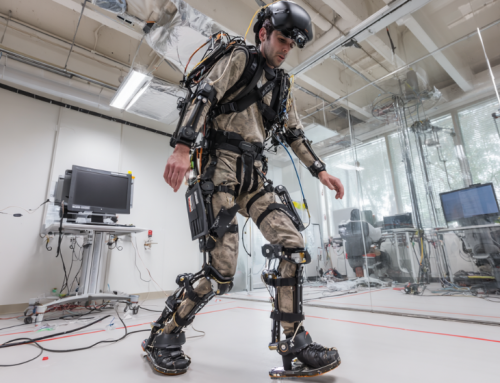
A baby boy named Thaddeus was born from an embryo frozen for over 30 years, setting a new world record and illustrating how advances in reproductive technology are reshaping the modern family. (Source: Image by RR)
Record-Breaking Birth Underscores Advancements in Cryopreservation
A baby boy named Thaddeus Daniel Pierce was recently born from an embryo frozen for more than 30 years, making him the world’s oldest known “frozen embryo baby.” The embryo, originally created in 1994, was stored for over three decades before being implanted, breaking the previous record held by twins born from 30-year-old embryos in 2022. His birth, as noted in technologyreview.com, highlights the incredible durability of embryos preserved through cryopreservation, which keeps them at -196 °C (-321 °F) for decades without degradation.
Thaddeus’s parents, Lindsey and Tim Pierce, received the embryo via a Christian “embryo adoption” agency, while the genetic material came from a divorced couple who created the embryo decades ago. This complex lineage means Thaddeus has a 30-year-old sister and a 10-year-old niece—before he’s even out of diapers. Donor Linda Archerd, who helped create the embryo in the ’90s, called the experience “surreal” and hopes to meet Thaddeus one day. This unique family formation underscores how assisted reproductive technologies are redefining the concept of parenthood.
As the popularity of IVF and embryo freezing grows, millions of unused embryos are accumulating worldwide in fertility clinics and cryogenic storage facilities. Many are never used due to life changes, age restrictions, or separation of couples. While embryos can be donated for reproduction or research, donation to other parents is rare. Legal parents of resulting children are those who give birth, not the genetic contributors—though in the age of consumer DNA testing, anonymity can no longer be assured.
Despite occasional concerns about identity and family dynamics, studies show that donor-conceived children are just as well-adjusted as their peers. Experts now recommend telling children early about their conception origins to avoid surprises later in life. Baby Thaddeus’s birth is a powerful symbol of how reproductive science continues to evolve, creating opportunities for unconventional but loving families.
read more at technologyreview.com







Leave A Comment